Demo Comp Shows Tech Recruiters What Turing Grads Are Made Of
Project-based learning like Turing’s Demo Comp gives entry-level coders powerful examples of their front-end and back-end code skills to show tech recruiters.

One of the questions we hear the most from prospective—and even current—Turing students is, “what is it like being a software developer?”
It’s one thing to explain how front-end developers utilize languages such as Javascript, CSS and HTML to create user-facing interfaces, while back-end developers employ languages like Ruby and C# to generate server-facing code. However, understanding the actual potential of these languages in the hands of collaborative front and back-end developers working on a full-stack project from inception to completion is a different thing altogether.
That’s one reason Demo Comp is such an important part of the Turing experience. Once a term, Turing students form teams and collaborate to develop successful working apps from start to finish on a tight time frame that mimics real-world sprints.
Demo Comp is a chance for Turing students to show off their front-end and back-end chops and practice the kind of teamwork tech recruiters and hiring managers are seeking. But it’s also a great opportunity for future graduates to add a meaningful example of what they’re capable of to their professional portfolios.
Both prospective and current Turing students can get a sense of the skills they will learn by graduation and what they’ll be able to show recruiters by looking at projects like the one showcased by this term's Demo Comp winners.
This term’s winner, RentInform, is designed to help renters find rental properties that are compliant with local municipal codes. The application was developed using Ruby on Rails, with a view layer augmented by the Tailwind CSS framework. For the user's table, a PostgreSQL database was employed. Similarly, the back-end rest API was constructed using Ruby on Rails, backed by a PostgreSQL database.
Runner-up TL:DR, for example, built their application in TypeScript, using the React framework, and leveraged Cypress for end-to-end testing. For continuous integration, GitHub Actions and Circle CI were utilized, while Burst Cell facilitated efficient front-end deployment. The back-end relied on Python with Django PostgreSQL for database management and Pytest for testing. Lastly, deployment took place on an AWS EC2 instance. The goal was to use ChatGPT originally, but because of the AI platform’s word limits, the team turned to Python instead. Other challenges included finding creative solutions for custom-made prompts and API integrations.
To import a CSV of properties efficiently, consider using a background job. Additionally, leverage multiple external APIs,
The team utilized a background job to import a CSV of properties and leverages multiple external APIs such as the walk score and data safety score from TomTom APIs, as well as Geocoding and Mapquest. This approach enhances data accuracy and allows for seamless integration of valuable information. The RentInform team also used RSpec for testing, CircleCI for continuous integration, Heroku for deployment and New Relic for observability on the back-end. Not only does RentInform have strong technical chops, the app also has key accessibility features built in for Blind users or those with visual impairments.
Project-Based Learning Is Key to Developing a Strong Coding Portfolio
Apps like TL:DR and RentInform are not only project-based learning opportunities, but also serve as examples of what entry level coders can create professionally. These projects showcase mastery of both front-end and back-end languages, as well as exceptional soft skills in communication and organization. They also provide insight into each team member's core values.
Look no further than the work created by past Demo Comp participants, like Roe’d to Aid, an app designed to increase abortion care accessibility; Birds of a Feather, an app that connects LGBTQIA+ families with safe and inclusive local events; MyMed, an app that helps people manage their prescription drug dosing and timing; Swolify, a vaporwave, gamified exercise tracking app; VoiceMail, a web interface to send snail mail to legislators, increasing the impact of constituent comms; and Latitude, an interactive edutech geography bingo game.
How Junior Web Developer Portfolios Reflect Their Tech Expertise
All of the apps listed above are strong examples of software development. They also provide insight into team members’ interests and unique perspectives. These projects certainly demonstrate each team’s ability to produce wireframes, track changes and bugs, and find creative solutions for SMS notifications, pull requests and more. But they also show the vision these students have for the world around them—one that’s more accessible, equitable and full of potential.
The personal flare that Demo Comp projects typically exhibit is a great way for Turing alumni to stand out in the job market. For instance, a project like MyMed can effectively showcase your abilities and passion to recruiters in healthtech companies such as Doximity. It demonstrates not only technical prowess, but also dedication to enhancing people's well-being by empowering them to manage their health more effectively.
A project like Birds of a Feather shows that you know how to integrate calendar features and other tools that hospitality companies like Hotel Engine need to manage reservations and payments. The app also indicates that its creators don’t leave their convictions at the front door of the office and are passionate about DEI initiatives in the workplace.
Getting ready for your own job search in the tech sector? Check out these additional tips and tricks from a Turing alum. Turing has also added additional job support and new graduate services in 2023. Reach out to Ryan Frank on how these offerings can help you reach your goals.

